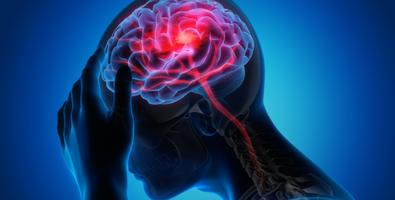- Read moreHeart and Lung TransplantApr 17, 2024
Navigating the Stages of Interstitial Lung Disease: From Diagnosis…
- Read moreHeart and Lung TransplantMar 18, 2024
Understanding the Symptoms of Interstitial Lung Disease: What You…
- Read moreHepatologyApr 01, 2024
Understanding Non-Alcoholic Fatty Liver Disease: Causes, Symptoms,…
- Read moreNeurologyJan 17, 2024
Navigating Parkinson's Disease: Symptoms, Causes, and Treatment
- Read moreNeurologyOct 19, 2023
Alzheimer's Disease: Early Signs, Diagnosis, and Treatment…
- Read moreNeurologyNov 10, 2023
Understanding Stroke: Recognizing the Signs and the Importance of…

L.B. Nagar,
HyderabadLakdi-Ka-Pul,
HyderabadParel,
MumbaiKengeri,
BengaluruPerumbakkam – Sholinganallur,
Chennai
All Locations

L.B. Nagar,
HyderabadLakdi-Ka-Pul,
HyderabadParel,
MumbaiKengeri,
BengaluruPerumbakkam – Sholinganallur,
Chennai











